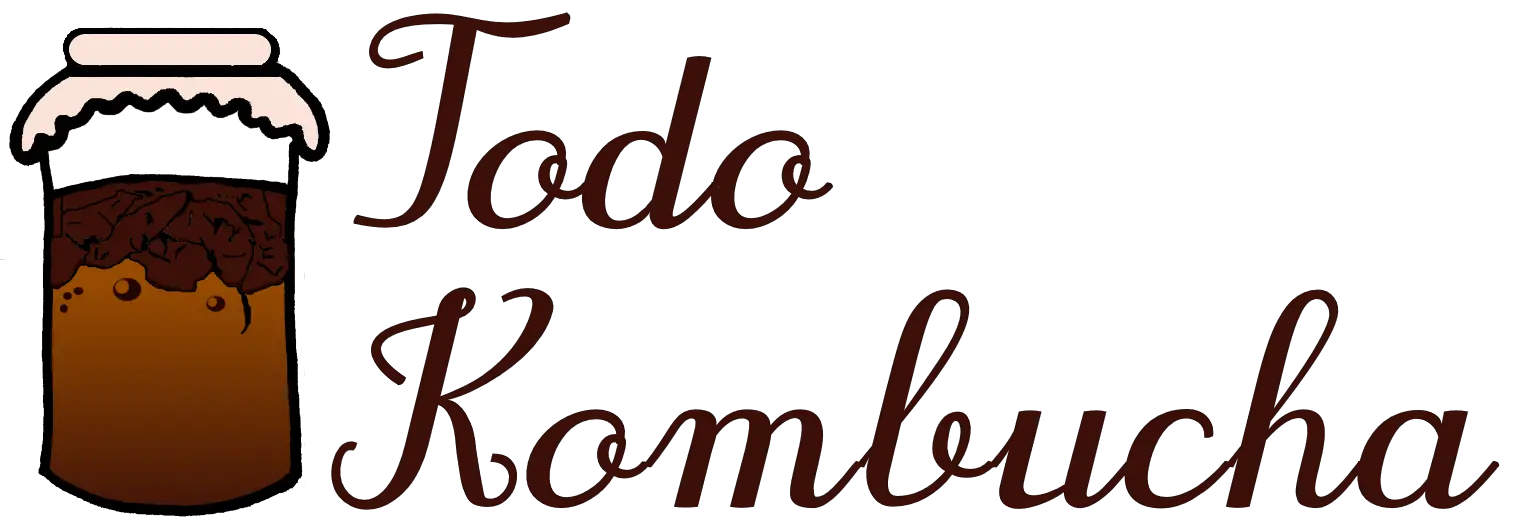The products indicated for hangovers are usually prepared with natural ingredients that have beneficial effects on health, and several of these are also found in kombucha. Which leads us to wonder if it can also present those benefits.
Kombucha has shown potential health effects thanks to its composition obtained by the ingredients used and the fermentation time, so it could also share the benefits granted by the ingredients for the relief of hangover discomfort.
Drinking alcohol leads to the formation of acetaldehyde which is a metabolite generated from the degradation of ethanol and is the one who generates the known symptoms of hangovers such as drowsiness, dizziness, nausea, fatigue, concentration problems, dry mouth, gastrointestinal discomfort, sweating, anxiety, among others. [1]
It has been shown that kombucha by itself has the ability to relieve several of these symptoms, and in other studies it has been possible to directly affect the pathogenesis of hangovers, and this will be broken down in the following sections.
How could kombucha help in a hangover?
In kombucha fermentation tests it has been observed that the ethanol formed in the drink is metabolized into acetic acid with acetaldehyde being an intermediate during the metabolic process, and as we mentioned acetaldehyde is one of the culprits of hangover symptoms.
What the theory suggests, then, is that acetaldehyde when it comes into contact with certain microorganisms or nutrients in kombucha, this reaction and accelerate it avoiding the accumulation of acetaldehyde in the tissues.
Acetaldehyde is a more toxic substance than ethanol and often accumulates in the tissues which further worsens the discomfort generated by the hangover by exacerbating the other symptoms. [1]
Kombucha presents a variety of yeasts and bacteria that act in parallel during fermentation where initially the yeast hydrolyzes sucrose into glucose and fructose, produces ethanol and finally acetic acid bacteria (BAA) transforms ethanol into acetic acid, however gluconic and glucuronic acids are also produced. [2] [3]
Also in one study it was found that ethanol could easily cross the blood-brain barrier unlike acetaldehyde, so that individuals with slow metabolism will have large amounts of ethanol in the blood that will be stored in the brain for a longer time increasing the likelihood of having a more severe hangover.
Therefore, if the metabolism of ethanol into acetaldehyde and other aldehydes is accelerated, less severe hangovers may occur. [2]
Do vitamins and minerals help alcohol metabolism?
It is considered the use of some vitamins and minerals such as nicotinic acid, B vitamins, vitamin C, selenium, zinc, copper, iron, among others, which have a direct effect on alcohol metabolism. Kombucha provides all of these nutrients so it may offer relief from hangover discomfort. [4]
Nicotinic acid (vitamin B3) in the body is converted to nicotinamide, which is part of NAD and NADP, which are involved in ethanol metabolism.
Also the anti-inflammatory and antioxidant effects are good for improving physical well-being during a hangover. [5]
A wide variety of products used as effective hangover treatments were found to contain B vitamins and vitamin C, although evidence demonstrating the safety and efficacy of these products in humans is still required. [6]
Other studies demonstrated that dietary intake of nicotinic acid and zinc were significantly and negatively associated with overall hangover severity as both are essential for effective alcohol metabolism and therefore current findings suggest that faster and more efficient oxidation of ethanol to acetaldehyde and acetaldehyde to acetate may be associated with less severe hangovers. [7]
Also, tolfenamic acid (a prostaglandin inhibitor) and vitamin B6, to some extent, help with hangover side effects, especially while drinking or before bedtime, although there are not yet enough studies to suggest a reliable recommendation. [8]
Does the microbiome affect hangover severity?
Dietary nutrients can affect alcohol metabolism through the gut and oral microbiome. So both diet and ethanol influence the composition of the gastrointestinal microbiome.
The effect of these microbes on hangovers is not well understood, but a wide variety of microbiota, including Rothia, Neisseria, and Streptococcus, are associated with accelerated alcohol metabolism by producing relatively higher amounts of acetaldehyde.
Kombucha is dominated by BAAs which are aerobic bacteria that use alcohol as a substrate to form acetic acid. The SCOBY includes: Acetobacter xylinoides, Bacterium gluconicum, Acetobacter aceti, Acetobacter pasteurianus and Gluconobacter oxydans (Jayabalan, Malbaša, Lončar, Vitas, and Sathishkumar. [6]
The microorganism contained in kombucha that mostly metabolizes ethanol is Acetobacter, this can quickly transform it into acetaldehyde and then acetic acid.
Apparently, this reaction is rapid to avoid the toxicity of acetaldehyde adversely affect the crop.
Also, if kombucha is fermented at the right time it could generate a low percentage of ethanol decreasing the risk that this drink can generate the adverse effects of alcohol.
I think it is appropriate to quote our post about the alcohol content of kombucha.
Can you avoid dehydration from alcohol?
The consumption of alcohol leads to a strong loss of fluids and minerals that lead to dehydration of the person, it is possible that the consumption of kombucha for its content in nutrients and electrolytes can replace the losses generated by alcohol consumption, but this point requires further investigation.
Other studies suggest that the consumption of carbonated water may offer better hydration than tap water, since its components help in the replacement of electrolytes. Although, in certain people they can have negative effects so consumption should be controlled to minimize potential symptoms. [9]
It is possible that we can extrapolate these benefits to kombucha which is also a carbonated drink with a good percentage of nutrients, in addition to the same study places kombucha as a new and possible good source of hydration.
What role do antioxidants play in hangovers?
It is believed that high levels of oxidative stress can have a negative effect during hangovers worsening general malaise, so it is considered that the antioxidants in kombucha can reduce the side effects caused by oxidation generated by alcohol.
As we can see in the study that we will cite, polyphenols tend to reduce the damage caused by alcohol in our body, as has been investigated in rodents. [10]
From the above, the use of natural vegetables such as medicinal plants, fruits and vegetables is proposed, since they have antioxidant and anti-inflammatory effects that can reduce blood alcohol levels and therefore hangover symptoms, in addition to reducing liver injury. Kombucha can fall into this category.
Some may even decrease voluntary alcohol intake, improve drinking behaviors, and attenuate alcohol withdrawal syndromes. [10]
Can kombucha prepared from other drinks or ingredients provide hangover relief?
It is possible that combining kombucha tea with other natural remedies such as ginger or green tea can enhance its health effects by relieving physical and mental discomfort, including general discomfort caused by hangovers.
In mouse models, green tea catechins were shown to decrease the side effects of alcohol, reducing blood ethanol levels so it could prevent and treat liver toxicity, malnutrition, and neuronal disorders. [11]
Also some home remedies for hangovers are prepared with spice extracts such as green ginger, turmeric, pepper, and green tea extract, along with salt, citric acid and ascorbic. Some of these ingredients can also be found in kombucha. [1]
Ginger has antioxidant potential and hepatoprotective activity, being able to effectively eliminate various free radicals and alcohol-induced oxidative stress, because of these benefits it is recommended to treat alcohol toxicity.
Therefore, kombucha in combination with ginger could work for hangover prevention and treatment, in addition to treating organ damage induced by excessive alcohol consumption through its enhanced antioxidant action. [12]
What do you think of the article? We hope you have left the doubts and have the film even clearer, so for now we leave you these other posts where you will discover many more things, some of them even more interesting.

